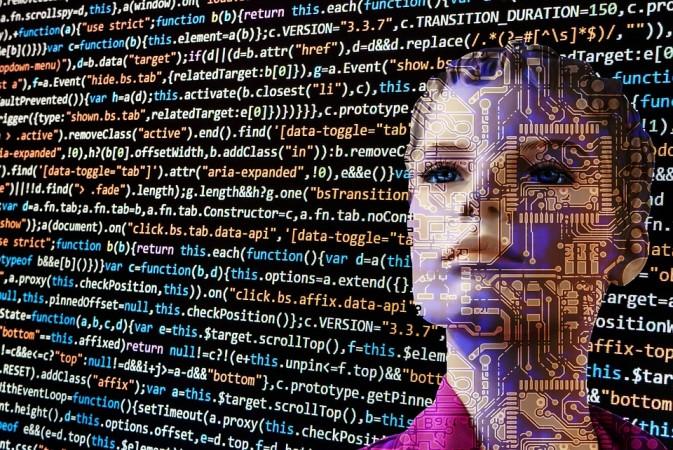
Are you ready to let an Artificial Intelligence tool to gobble up your health records and spit out accurately the mortality rate?
The tech giant Google has come up with a data-hungry computer system that goes through health information and predicts the mortality rates. Google has used machine learning to predict the death of hospital patients. What's more staggering is that it can predict with 95% accuracy using Artificial Intelligence.
The AI works by taking in the health information of the patients like age, gender, and ethnicity, which is then coupled with hospital information, prior diagnoses, lab records, and vital signs to accurately give out the details about the mortality.
What's impressive is the Google's ability to sift through data previously out of reach like doctor's notes buried away on PDFs and charts to predict the results. The AI hoovers up health info and then predicts it far faster and accurately than existing techniques. Google's system even spat out the data records which led to its conclusions.
How useful is this?
The Artificial Intelligence was developed by a team of researchers from Stanford, the University of Chicago, and UC San Francisco.
The process of machine learning makes the Artificial Intelligence smarter over time. With hospitals and health care providers trying to use the electronic health files and other patient data, more information and predictability rates could only save more lives. This could also lead to less time on paperwork and more care on patients.
The current method of collecting data is cumbersome, costly, and time-consuming. Almost 80 percent of the time is spent on making the data presentable, said Nigam Shah, co-author of the Google's research paper and an associate professor at Stanford University.
Google's work model avoids this. Shah said, "You can throw in the kitchen sink and not have to worry about it."
Treading on thin ice about data collection
For this research, Google has sought access to 46 billion pieces of anonymous patient data and cut deals with the University of California, San Francisco, and the University of Chicago. Google is working to get new partners for access to more medical records.
Google is treading on thin ice when it comes to data collection, particularly after the big public scrutiny over data breach by another tech giant Facebook. With this latest development and study, Google and their hospital partners insist their data is anonymous, secure, and used after seeking patient's permission.
Andrew Burt, chief privacy officer for data company Immuta said, "Companies like Google and other tech giants are going to have a unique, almost monopolistic, ability to capitalize on all the data we generate."
These medical records are just part of Google's AI health care plans. The Dean's health research unit has unfurled AI systems for cardiology, ophthalmology and, radiology.
The AI chief Jeff Dean told that the next step is to move the predictive system into clinics. The Dean's health research unit is working on other AI tools that can predict symptoms and disease with alarming accuracy.

















